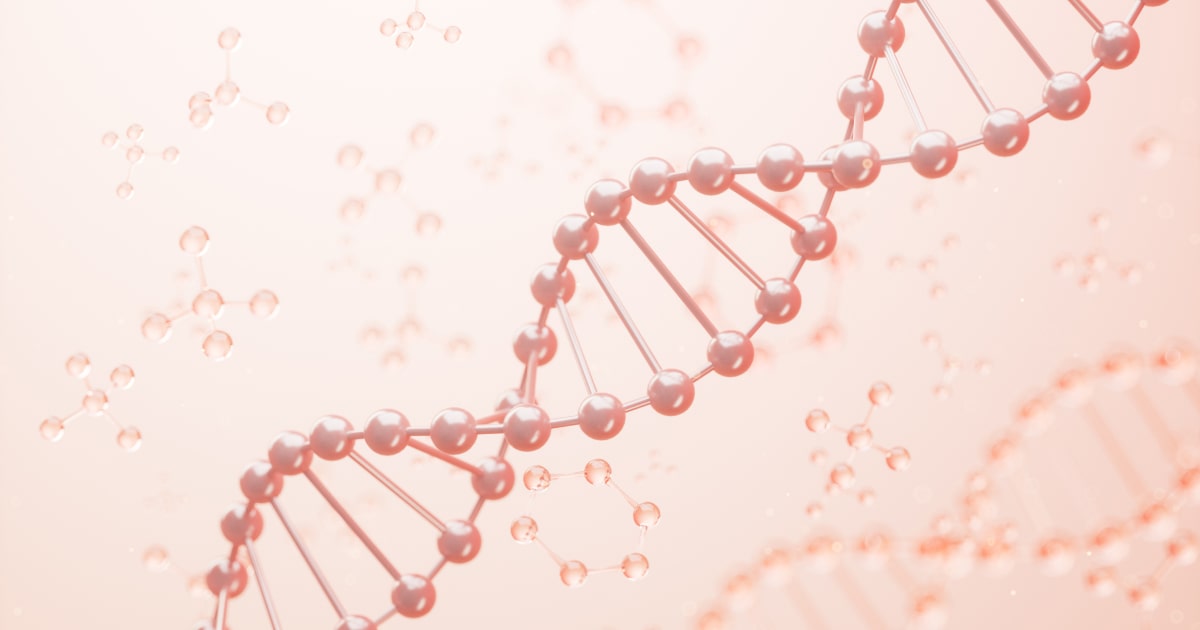
Expert Reviewed By: Dr. Brandon Colby MD
Abnormal facial shape, a complex and multifaceted condition, can have a significant impact on an individual's life. It can be caused by a variety of factors, including genetic mutations, developmental disorders, and environmental influences. This article aims to provide a comprehensive overview of the current understanding of abnormal facial shape, its diagnosis, and the role of genetic testing in managing this condition.
Understanding Abnormal Facial Shape
Abnormal facial shape can manifest in various forms, such as craniofacial malformations, dental anomalies, and central nervous system disorders1,2,3,4. These conditions can be isolated or part of a syndromic presentation, with multiple anomalies affecting different body systems. The underlying causes can be genetic or environmental, and often, a combination of both factors contributes to the development of an abnormal facial shape1,2,3,4.
Developmental Disorders of the Dentition
Genetic mutations can lead to dental anomalies, such as tooth agenesis, delayed tooth formation, and supernumerary teeth1. These dental abnormalities can significantly affect an individual's facial appearance and overall quality of life. Understanding the genetic causes of these conditions can help clinicians provide better care and management for affected individuals1.
Hypoxia-Induced Craniofacial Malformations
Environmental factors, such as hypoxia during embryonic development, can cause craniofacial malformations in offspring2. A study on chick embryos has shown that hypoxia can lead to morphological anomalies and cellular responses that affect facial development2. This highlights the importance of understanding the interplay between genetic and environmental factors in the development of abnormal facial shape.
Craniosynostosis and Central Nervous System Malformations
Abnormal facial shape can also be a result of craniosynostosis, a condition involving the premature fusion of skull sutures, or central nervous system malformations, such as corpus callosum agenesis3,4. These conditions can have significant implications on an individual's overall health and well-being, and understanding their genetic causes can aid in their diagnosis and management3,4.
Diagnosing Abnormal Facial Shape
Diagnosis of abnormal facial shape involves a thorough clinical examination, imaging studies, and genetic testing when appropriate1,2,3,4. The identification of the specific cause of the abnormal facial shape is crucial for determining the appropriate management and treatment plan for affected individuals1,2,3,4.
Using Genetic Testing for Abnormal Facial Shape
Genetic testing can be a valuable tool in understanding the causes of abnormal facial shape and guiding clinical care for affected individuals1,3,4. It can help identify specific genetic mutations, provide information on the inheritance pattern of the condition, and aid in the diagnosis of syndromic presentations1,3,4.
Identifying Genetic Mutations
Genetic testing can identify specific mutations that cause dental anomalies, craniosynostosis, or central nervous system malformations1,3,4. This information can help clinicians determine the appropriate treatment plan and provide genetic counseling for affected individuals and their families1,3,4.
Understanding Inheritance Patterns
Genetic testing can provide information on the inheritance pattern of the abnormal facial shape, which can be essential for family planning and genetic counseling1,3,4. This information can also help identify at-risk family members and provide guidance on appropriate monitoring and management strategies1,3,4.
Diagnosing Syndromic Presentations
For individuals with multiple anomalies affecting different body systems, genetic testing can help identify the specific syndrome and guide clinical care1,3,4. This can be crucial for determining the appropriate management and treatment plan for affected individuals, as well as providing information on prognosis and potential complications1,3,4.
Conclusion
Abnormal facial shape is a complex condition with various underlying causes, including genetic mutations, developmental disorders, and environmental influences. A thorough understanding of these factors is crucial for the accurate diagnosis and appropriate management of affected individuals. Genetic testing can be a valuable tool in this process, providing essential information on the specific cause of the abnormal facial shape, inheritance patterns, and guidance on clinical care.
About The Expert Reviewer
Dr. Brandon Colby MD is a US physician specializing in the personalized prevention of disease through the use of genomic technologies. He’s an expert in genetic testing, genetic analysis, and precision medicine. Dr. Colby is also the Founder of and the author of Outsmart Your Genes.
Dr. Colby holds an MD from the Mount Sinai School of Medicine, an MBA from Stanford University’s Graduate School of Business, and a degree in Genetics with Honors from the University of Michigan. He is an Affiliate Specialist of the American College of Medical Genetics and Genomics (ACMG), an Associate of the American College of Preventive Medicine (ACPM), and a member of the National Society of Genetic Counselors (NSGC)